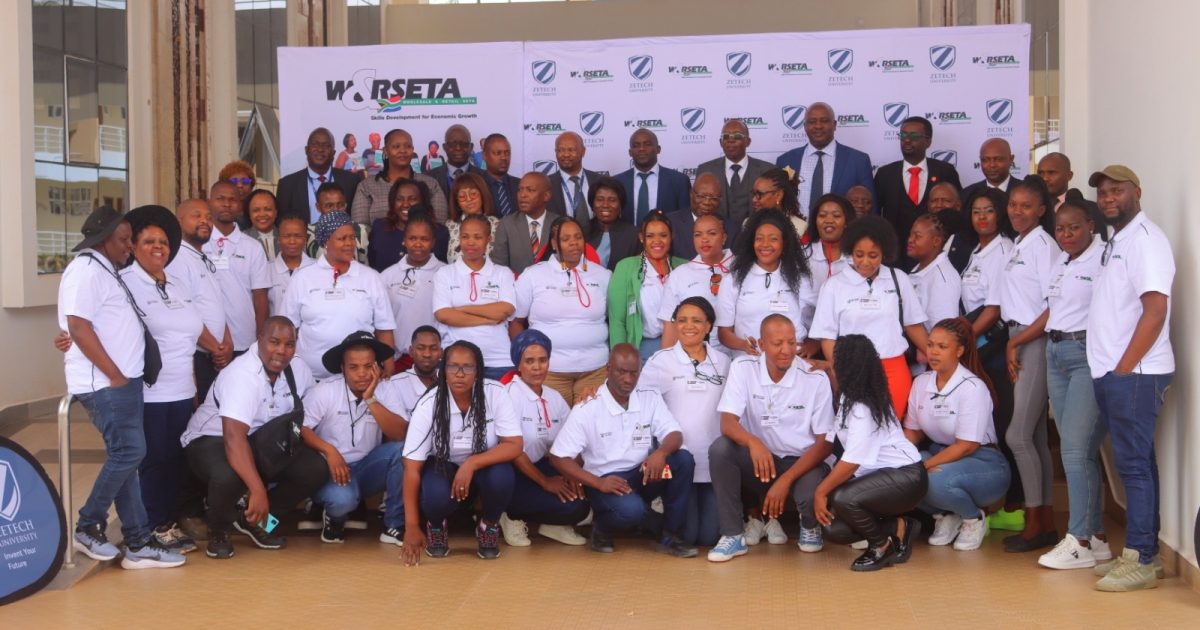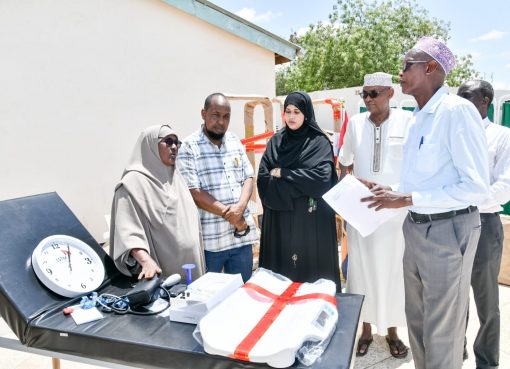Over 100 small and micro-entrepreneurs (SMEs) from South Africa have begun a five-day innovation and technology exchange programme in Kiambu County to equip them with skills to grow and expand their businesses.
The training held at Zetech University has been organized by the Wholesale and Retail Sector Education and Training Authority (WRSETA), a South African parastatal, and seeks to train them on networking, marketing, customer care, and food safety regulations among other business-oriented skills.
According to South Africa’s High Commissioner to Kenya Mninwa Johannes Mahlangu, the skills will empower the SMEs to grow their country’s economy as well as enhance bilateral relations between Kenya and South Africa.
While noting that bilateral ties between the two countries have been enhanced, Mahlangu said through the South African Informal, Traders Development programme, more agreements and partnerships will be signed and implemented.
“Informal cross-border trade contributes to regional integration as the traders move and distribute goods across borders. They contribute to development, poverty alleviation, and attain food security,” he said.
Principal Secretary, Higher Education and Research Beatrice Inyangala urged universities to take advantage of the ties between Kenya and other countries and network for robust academic-industry linkages locally and globally.
While acknowledging the steadfast and robust relations between the two countries, the PS said a raft of measures have been agreed on even enhancing diplomatic ties further.
“I am sure the delegates from South Africa did not apply for any Visa to attend this training. This is a demonstration of how the two governments remain cognizant of the need for free movement among their people especially within the continent,” stated Inyangala.
Zetech University Vice-Chancellor (VC) Prof. Njenga Munene said training will broaden SMEs’ focus on technology and innovation to enable them to grow their brands.
“As a university, we have not been left behind in providing solutions to challenges facing the informal sector as this is the starting point of a better economy. We have adopted ICT and innovations as units for all our students to make them marketable,” noted Prof. Munene.
Kiambu County Trade CEC Nancy Gichung’wa noted that the County will continue supporting investors to grow their enterprises in various sectors by providing them with a better environment for growth.
She called on locals and foreigners to grab the numerous opportunities existing in the vast county that she upheld has the capacity of solving challenges bedeviling the county and the country at large.
“Kiambu is open for business. We are ready to help our entrepreneurs go about their activities with ease and with fewer interruptions because we believe it is the informal sector that can help us create jobs, fight poverty and grow our economy,” said Gichung’wa.
By Muoki Charles





